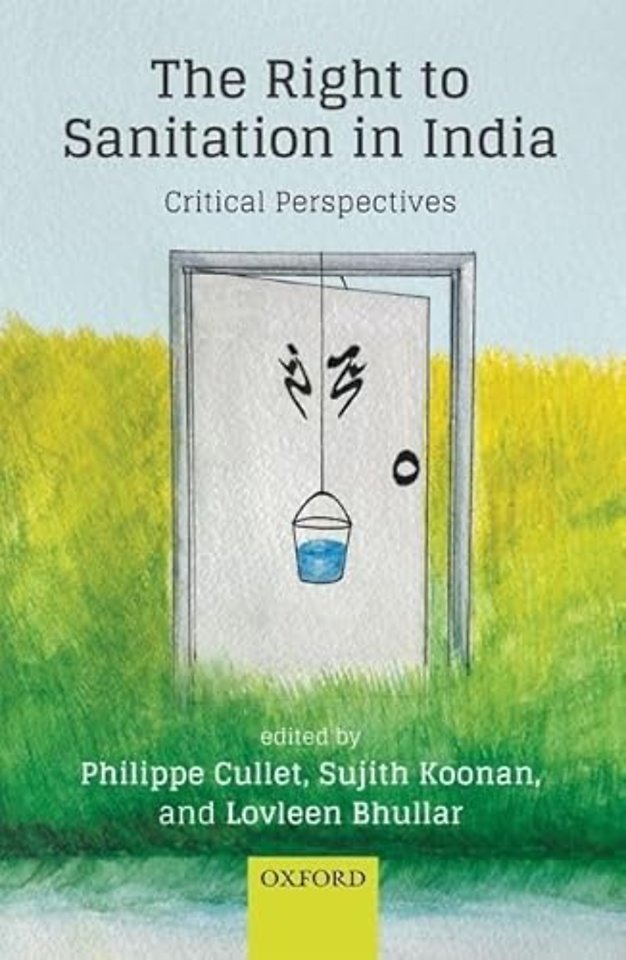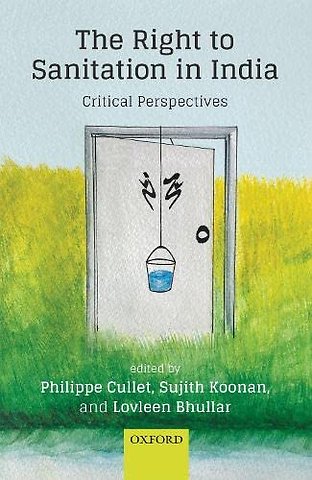The Right to Sanitation in India
Critical Perspectives
Samenvatting
The right to sanitation has been recognised in India for more than two decades, and progressively integrated into the international human rights law framework since the beginning of the century. The recognition of the right itself is not a matter for debate in India since courts have repeatedly affirmed its existence as a right deriving from the fundamental right to life. Key issues arise in the context of conceptualisation and realisation of the right and relate to the existence and/or the scope of a law and policy framework for the realisation of the right to sanitation for all, the scope of the right, the links with other rights such as health and gender equality, as well as issues of specific relevance in the Indian context, such as manual scavenging, and more generally, caste-based discrimination and exploitation linked to sanitation work. In a context where sanitation challenges are more severe in India than in many other countries, this book represents the first effort to conceptually engage with the right to sanitation and its multiple dimensions in India. It also analyses the right to sanitation in India in the broader international and comparative setting.
Specificaties
Net verschenen
Rubrieken
- aanbestedingsrecht
- aansprakelijkheids- en verzekeringsrecht
- accountancy
- algemeen juridisch
- arbeidsrecht
- bank- en effectenrecht
- bestuursrecht
- bouwrecht
- burgerlijk recht en procesrecht
- europees-internationaal recht
- fiscaal recht
- gezondheidsrecht
- insolventierecht
- intellectuele eigendom en ict-recht
- management
- mens en maatschappij
- milieu- en omgevingsrecht
- notarieel recht
- ondernemingsrecht
- pensioenrecht
- personen- en familierecht
- sociale zekerheidsrecht
- staatsrecht
- strafrecht en criminologie
- vastgoed- en huurrecht
- vreemdelingenrecht

